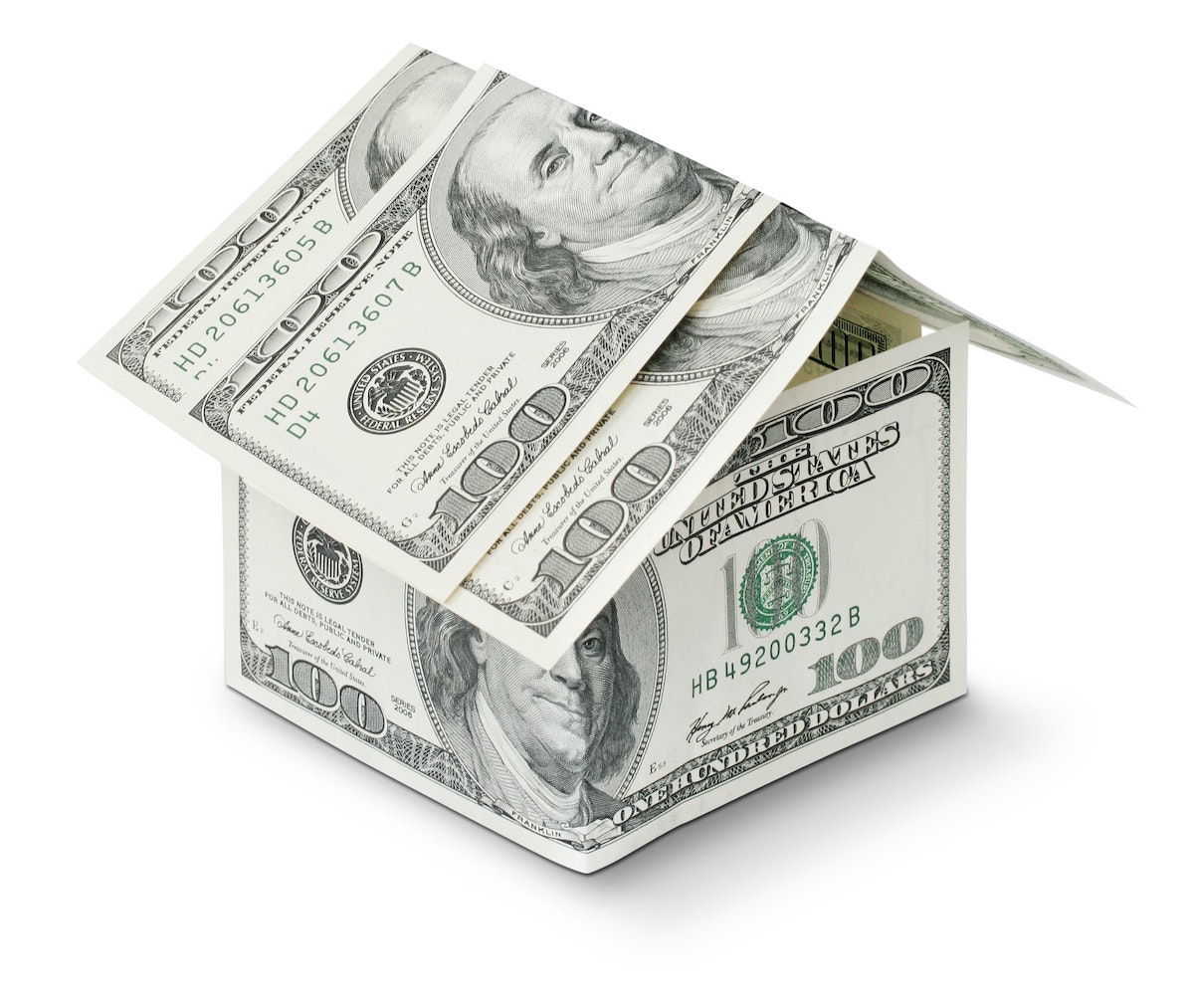You might be given a variety of alternatives for your home loan while looking for one. Government-backed loans such as the Federal Housing Administration (FHA loan) and Veterans Affairs (VA) loans are the most common, while privately backed conventional loans are another option.
Conventional loans are one of the most popular types of mortgage loans used today. Any type of loan (such as a mortgage) offered via a private lender is considered a conventional loan. Conventional loans do not rely on the government to secure them.
It also implies that the bank is bearing all the risk in lending money. If a borrower fails to pay his mortgage, it’s up to the lender to put the house on the market and try to recoup what was lent. The bank will lose money if the home can’t be sold for enough to cover the loan sum.
Conventional loans have a higher credit score requirement than other types of loans do. This is because they are not insured by the government.
So without further ado, here are the pros and cons of conventional loans:
PROS
-You may be able to qualify for a higher loan amount with a conventional loan than you could with other types of loans. This is because conventional loans are not capped at a certain loan limit like FHA and VA loans are. The sky’s the limit in terms of how much you can borrow.
-You may get a lower interest rate on a conventional loan than you could with other types of loans. This is because your credit score and down payment will probably be higher, making you less of a risk to the lender.
-You won’t have to pay for private mortgage insurance (PMI) with a conventional loan if you put down 20% or more. PMI is required for FHA and VA loans if you don’t put down at least 20%.
-When compared to other loan choices, conventional loans usually have less closing charges. You must pay upfront mortgage insurance with an FHA loan, while funding fees are required for VA and USDA loans. If you know you’ll have the cash to make your down payment, but don’t want to pay any more interest, a regular loan may be a good fit for you.
– Down payment requirements are as low as 3%, although credit score requirements are higher.A 20% down payment was formerly required to obtain a standard loan. The down payment on a conventional loan may be as little as 3% if you fulfill all of the necessary standards, but if you have bad credit or are having money troubles, the rate may be higher.
The down payment on an FHA loan is usually the same as the amount needed for an equivalent FHA mortgage. Assume you have a $200,000 mortgage. The down payment requirement with an FHA loan is 3.5 percent, or $7,000 on a $200,000 loan. A conventional loan with a down payment of the same amount would require a credit score of at least 620.
– You can find conventional loans with adjustable or fixed mortgage rates. Adjustable-rate mortgages (ARMs) usually have lower interest rates than conventional loans with fixed mortgage rates, but they may come with higher initial payments and could be risky if interest rates increase significantly in the future.
CONS
-You will usually need a credit score of 620 or higher to qualify for a conventional loan. This can be a difficult hurdle to clear for some people.
-You may have to pay for PMI if you can’t put down at least 20% on a conventional loan. This can add significant monthly costs to your mortgage payment.
-You could be subject to a higher interest rate if you have a lower credit score or can’t put down a large down payment. This is because you’ll be seen as a higher risk to the lender.
-You may have a hard time qualifying for a conventional loan if you have a lot of debt. This is because your debt-to-income ratio (DTI) will be too high. DTI is a measurement that looks at how much debt you have compared to your income.
Conclusion
Now that you know the pros and cons of conventional loans, you can start researching lenders to see if you can qualify for this type of loan.
All in all, conventional loans offer a great middle ground for people who may not qualify for government-backed loans but still need some assistance in securing a mortgage. Talk to your lender about whether a conventional loan is right for you.


